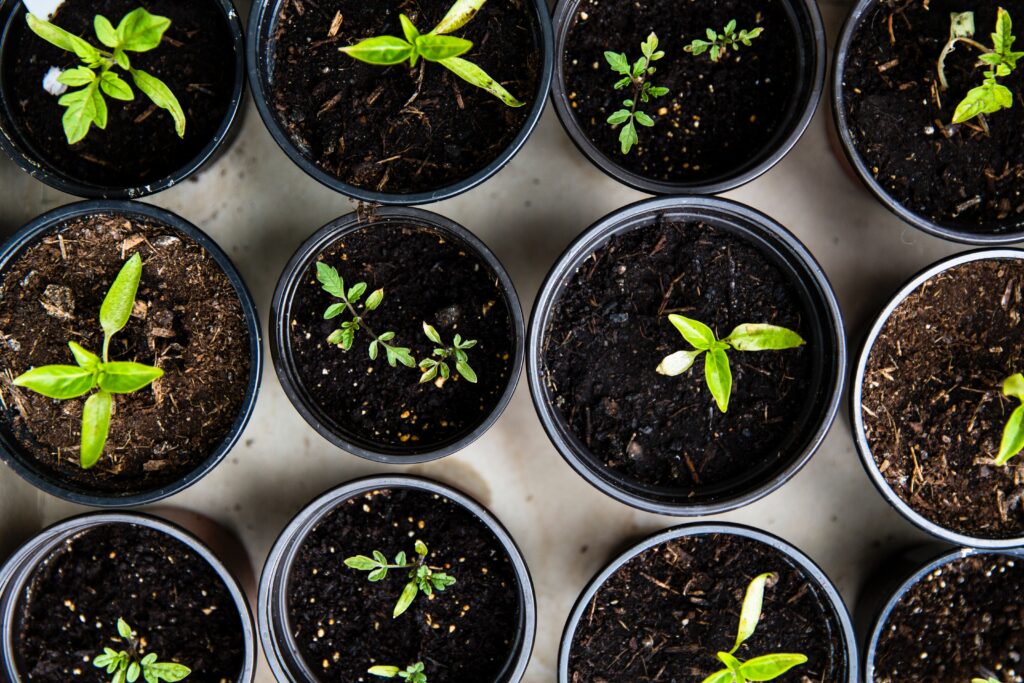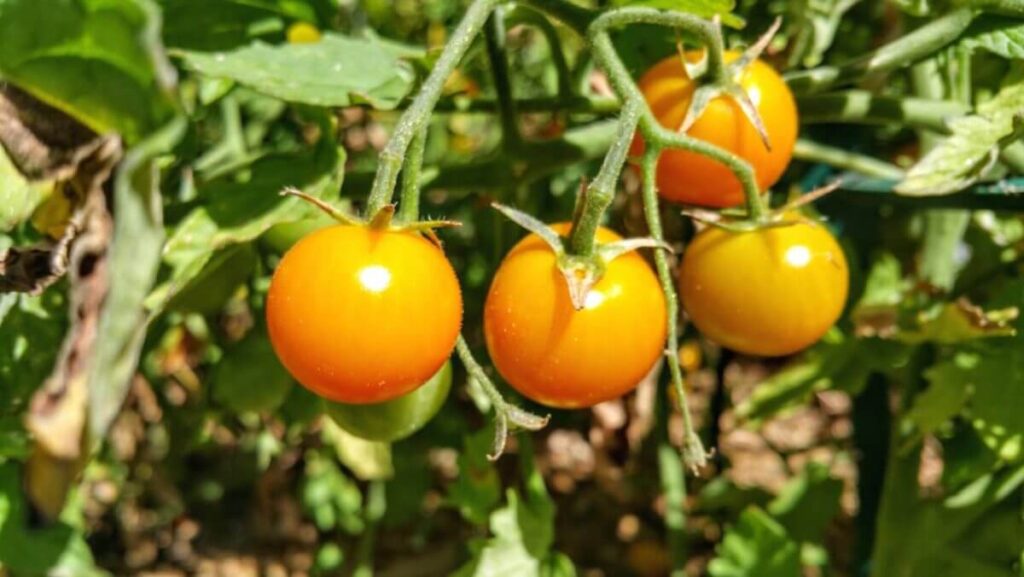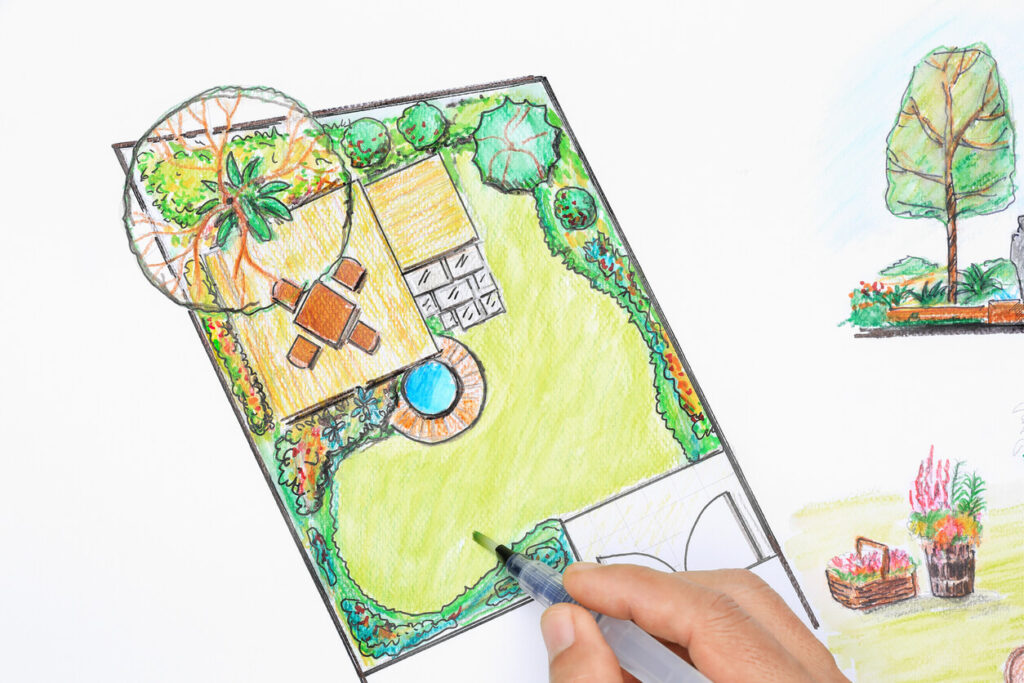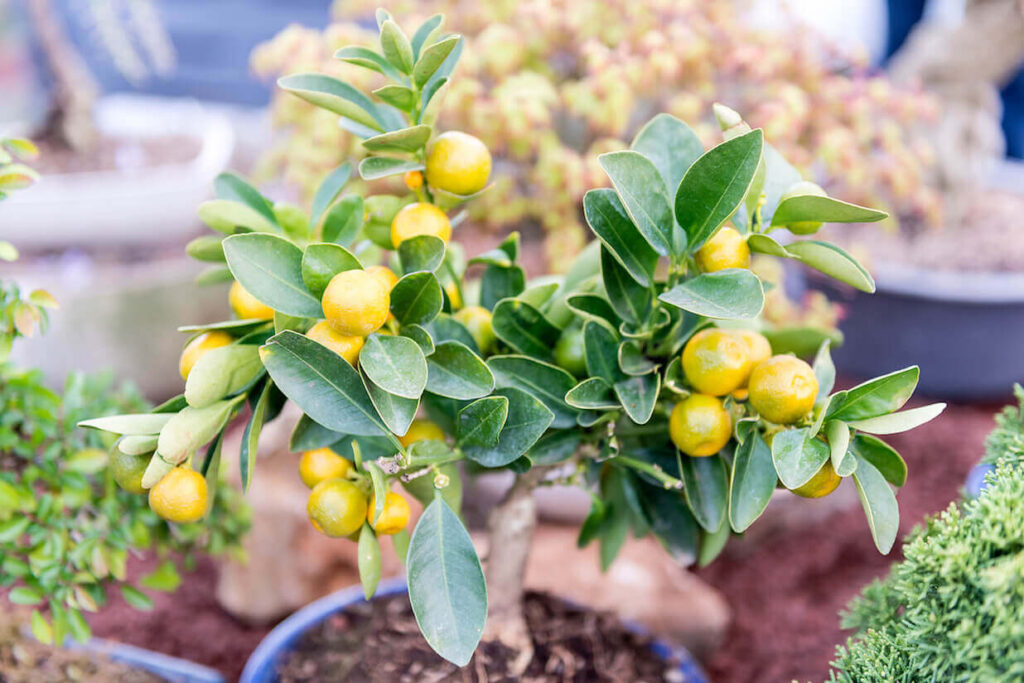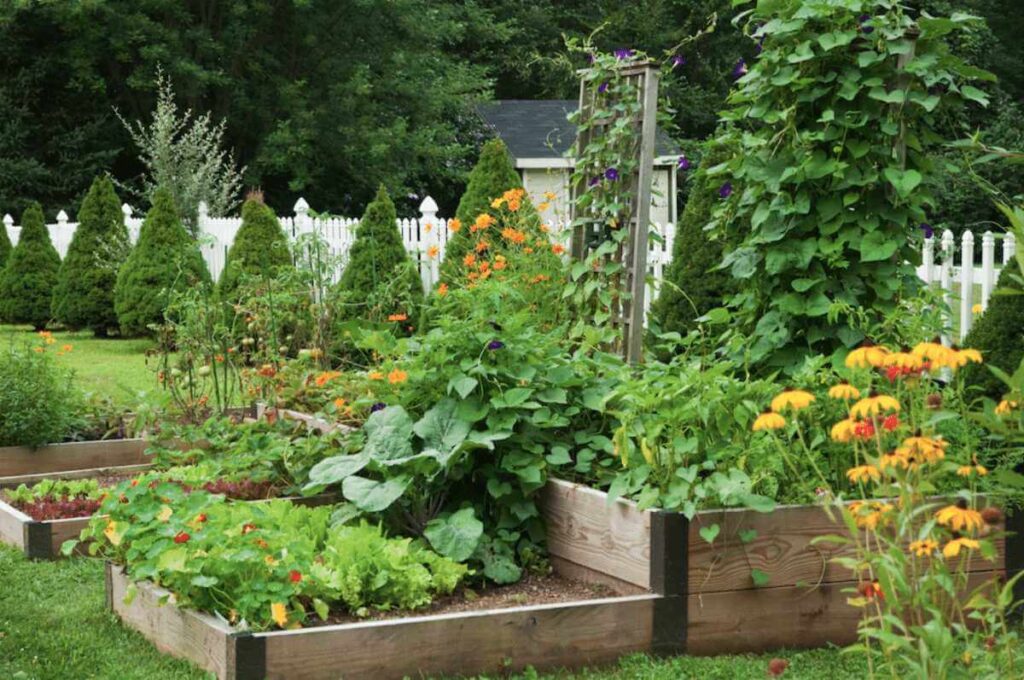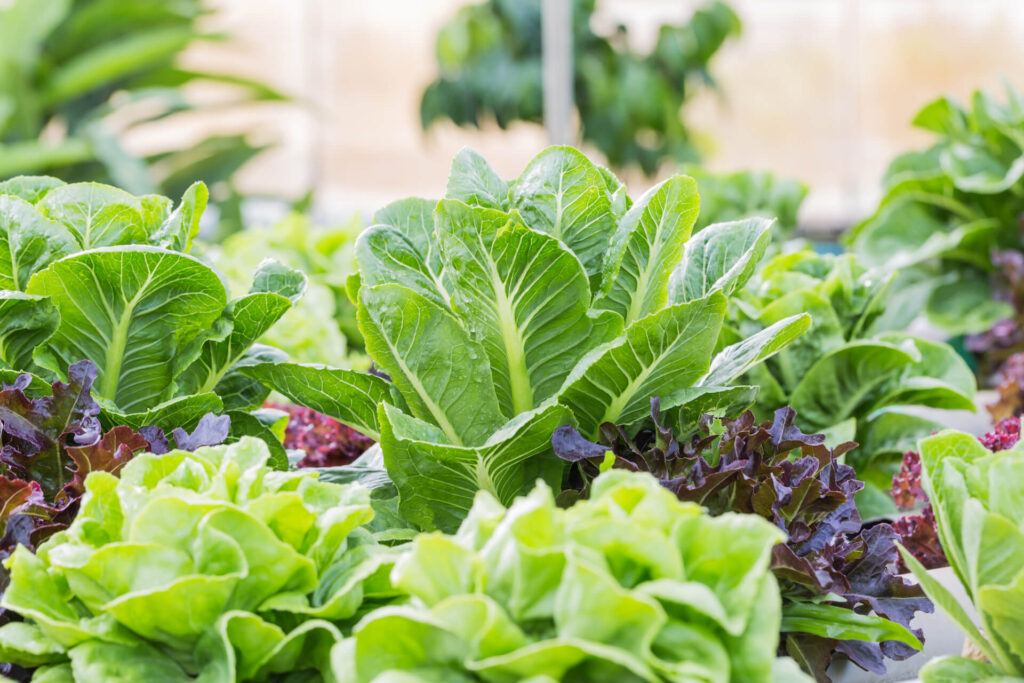Although gardening can be arduous work, there are many gardening tips that will make it easier. This comprehensive list of 25 organic gardening tips we love will ensure your garden stays healthy and productive all year.
- Start a compost pile.
- Cover your compost pile with a tarp when it’s not in use. This protects the soil from weeds and helps it retain its nutrients.
- Give your garden the best start possible by amending the soil with organic material and well-decomposed fertilizer.
- Ensure that your soil is rich in nutrients by amending it with organic matter before you start planting and during the growing season. To create a perfect growing environment, mix sand, manure compost, and peat moss.
- Prevent powdered mildew and other diseases by watering your garden in the morning. This will allow the sun’s heat to dry the leaves all day, which will help keep them healthy and strong. Soil retains its moisture better when it isn’t constantly exposed to the sun or evaporation.
- Maintain soil moisture and keep weeds away by adding about two inches of mulch to your plants.
- Regularly deadhead annual flowing plants for more vibrant and abundant blooms.
- For a better harvest, prune your indeterminate tomato plants.
- Learn how to complement/companion plants together. Planting compatible plants close together can help them both mutually benefit by boosting growth, providing shade, repelling pests, and improving the taste and production of your plants.
- Harvest your garden as often as possible. High-yielding vegetable plants will produce more often if they are harvested frequently.
- Cut milk jugs in half and use them as mini-greenhouses to protect plants during frost warnings or when the weather is not ideal.
- Plant tomato plant stems deep into the soil. Tomatoes can grow roots from their stems, creating a stronger and healthier plant.
- Use eggshells and potting mixture to start seedlings indoors. Fill half of the cracked eggshell with potting mix, place seeds in them, and watch them grow.
- Remove any sick plants from your garden plot and rake your soil immediately.
- When building a raised garden bed, avoid using treated wood. This can cause toxins to leach into the soil and plants. You can also use bricks, stones, and metal in your garden design.
- Proper spacing is important to ensure good airflow between plants. Good air circulation promotes healthier gardens and helps leaves dry more efficiently.
- Rotating your crops allows you to swap out your plant zones every season. Different plants require different nutrients, so rotating the plants in your garden beds can help maintain a balanced soil.
- Use a beer trap to keep slugs from your garden. Place the beer in a shallow dish or pie tin in your garden to attract slugs so they can be removed later.
- Use pine needles as mulch. Pine needles are acidic and can be used as mulch for plants that require a higher pH. Eventually, they become brittle and provide a nourishing acid for your garden soil. It is recommended to place about two inches of pine needles around the plants for this method to be effective.
- Cut annuals down at the end of the growing year instead of pulling them out. This will ensure that the soil remains intact and will fill in any empty spots.
- Allow the dirt to dry between waterings to encourage roots to reach deeper for moisture and strengthen the plant.
- Sprinkle hair clippings around the garden beds. Animals such as deer and rabbits can smell human hair and will seek out another garden to eat.
- Sprinkle cayenne pepper around your plants to stop wildlife from eating their leaves.
- Pick Japanese Beetles from rosebushes and place them in a container of soapy water.
- Spread coffee grounds in your garden to add nitrogen to boost your plants.
